At the workshop, many opinions said that in the new growth model of Vietnam and the world , businesses need to practice ESG (Environment, Society and Governance) based on internal needs.
AI integration will bring new thinking, every action must be based on data, transparency and consistency.
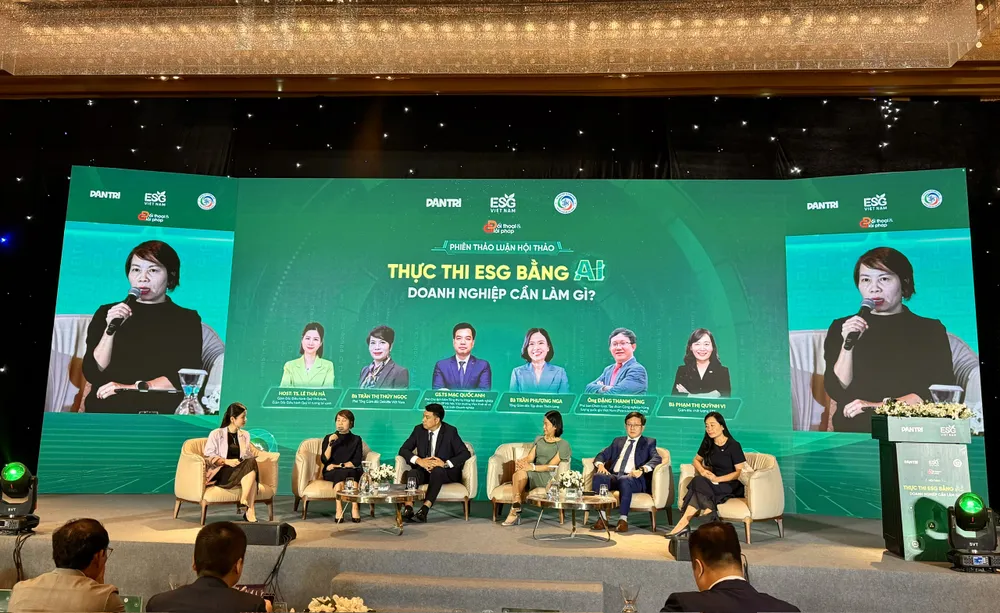
Dr. Bui Thanh Minh, Deputy Director of the Office of Division IV (Private Economic Development Research Division), said that Division IV has had reports related to US reciprocal taxes, localization rates, and tariff impacts by industry. The biggest challenge now is the lack of data and proof of origin of goods – in which AI plays an important role in data processing.
Mr. Bui Thanh Minh emphasized that in the world, businesses that want to export must meet sustainable development criteria, in which ESG data is increasingly becoming a mandatory factor. The US, China, and Germany are all promoting digital transformation, green production, and aiming for the Net Zero target - which is also the target set by Vietnam by 2050.
AI is a part of corporate governance. By inherent need, the integration of AI in ESG implementation is inevitable. AI helps optimize resources, support ESG data collection and analysis.
However, in Vietnam, although there are many related laws such as the 2020 Environmental Law, Labor Code, Enterprise Law, etc., the ESG regulatory system is still fragmented and inconsistent, making the application of AI to ESG limited.
“Domestic enterprises are still lost in the “ESG matrix” due to the lack of national standards and specific regulations on AI in ESG reports,” said Mr. Bui Thanh Minh, adding that enterprises need to start by assessing internal strengths, identifying key goals, integrating ESG into strategies, business models, finance and investment to create long-term sustainable value.
Professor Mac Quoc Anh, Director of the Institute of Economics and Enterprise Development, said that the survey showed that only 27% of small and medium-sized enterprises are interested in ESG and only 11% have successfully implemented it. The main reasons are the lack of official information, lack of investment resources and high implementation costs, making ESG not a competitive lever.
However, there are four positive signs: ESG is starting to be applied in professional associations; pressure from the supply chain forces businesses to comply with the standard; many international organizations support software for small businesses.
Mr. Mac Quoc Anh cited a small packaging business that has significantly saved electricity costs thanks to ESG practices. The application of AI in ESG is also considered to help measure efficiency, save costs, and is very suitable for small and medium enterprises.
Discussing ESG implementation using AI, from a management perspective, Associate Professor Dr. Nguyen Duc Trung, President of Banking University of Ho Chi Minh City, commented that AI is playing an increasingly important role in ESG implementation, especially in planning and monitoring. In some countries, AI has been comprehensively applied in management, with humans only monitoring output.
However, AI does not replace humans, but is a "companion", helping businesses achieve dual goals: digital transformation and green transformation. AI effectively supports the construction of ESG reports, points out shortcomings and improves sustainable management capacity.
Mr. Le Thanh Minh, Deputy Director of Department of Science and Technology of Ho Chi Minh City:
Ho Chi Minh City identifies AI as a breakthrough driving force
AI is identified by Ho Chi Minh City as a breakthrough driving force to realize the vision of becoming the leading center of knowledge economy, innovation, creativity, and sustainable development in the region.
Ho Chi Minh City's mission is to build a strong AI ecosystem, connecting the State with businesses and the community.
Regarding infrastructure and AI platform, the department has completed the plan to develop high-performance computing infrastructure. Ho Chi Minh City is gradually completing a shared data warehouse designed according to open standards.
Besides, Ho Chi Minh City is training and developing human resources - the decisive factor for the success of the AI strategy.
The Department has synchronously deployed many training programs such as opening AI training classes for nearly 500 officials and civil servants; pilot AI classes for 203 students who won prizes in city-level competitions, arousing passion for technology; launching the "AI For Citizens" program with the goal of training 3 million people with AI knowledge by 2030...
Source: https://www.sggp.org.vn/thuc-thi-esg-bang-ai-doanh-nghiep-nho-va-vua-lam-duoc-post808378.html




![[Photo] Prime Minister Pham Minh Chinh chairs the meeting of the Government Party Committee Standing Committee](https://vstatic.vietnam.vn/vietnam/resource/IMAGE/2025/8/23/8e94aa3d26424d1ab1528c3e4bbacc45)


![[Photo] General Secretary To Lam attends the 80th Anniversary of the Cultural Sector's Traditional Day](https://vstatic.vietnam.vn/vietnam/resource/IMAGE/2025/8/23/7a88e6b58502490aa153adf8f0eec2b2)



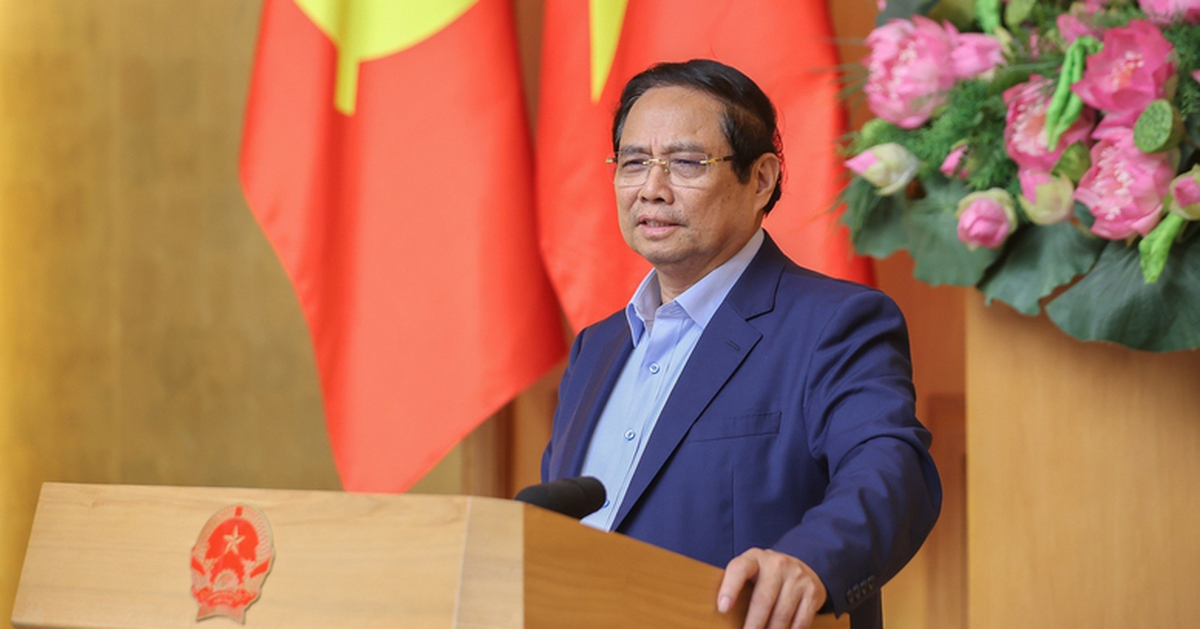


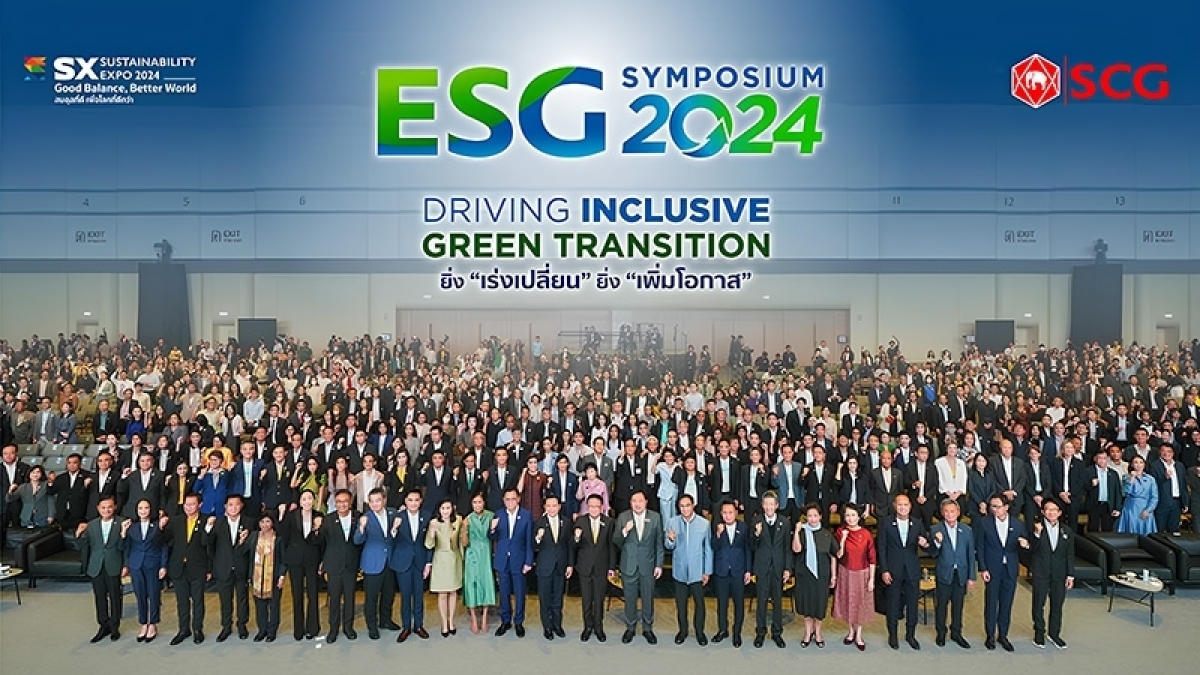

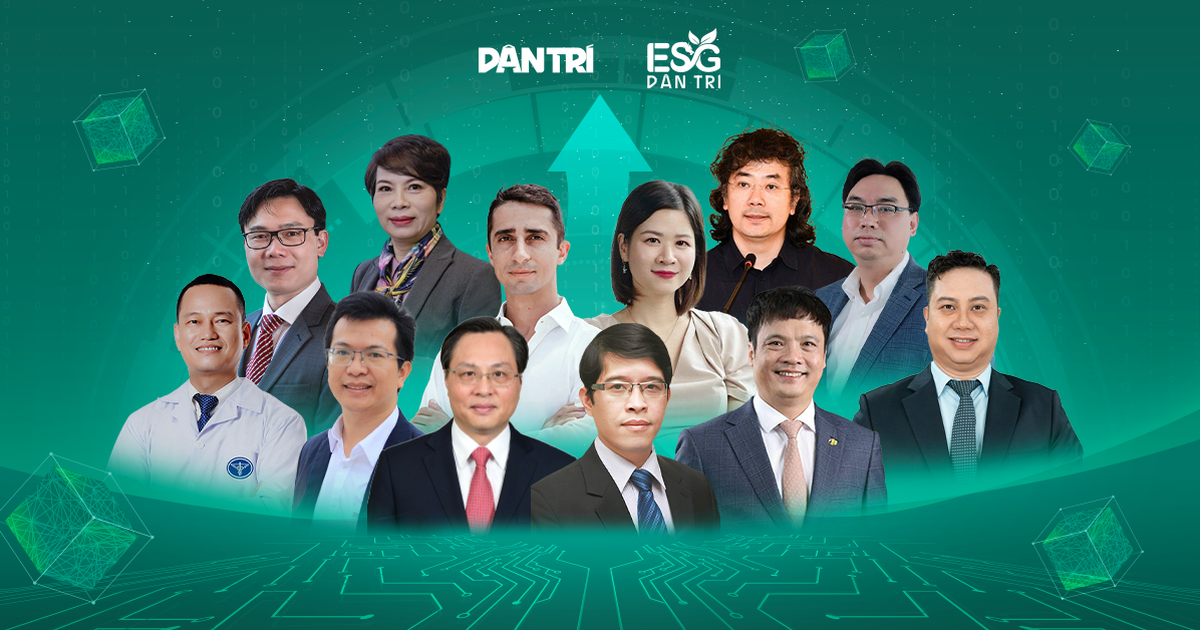
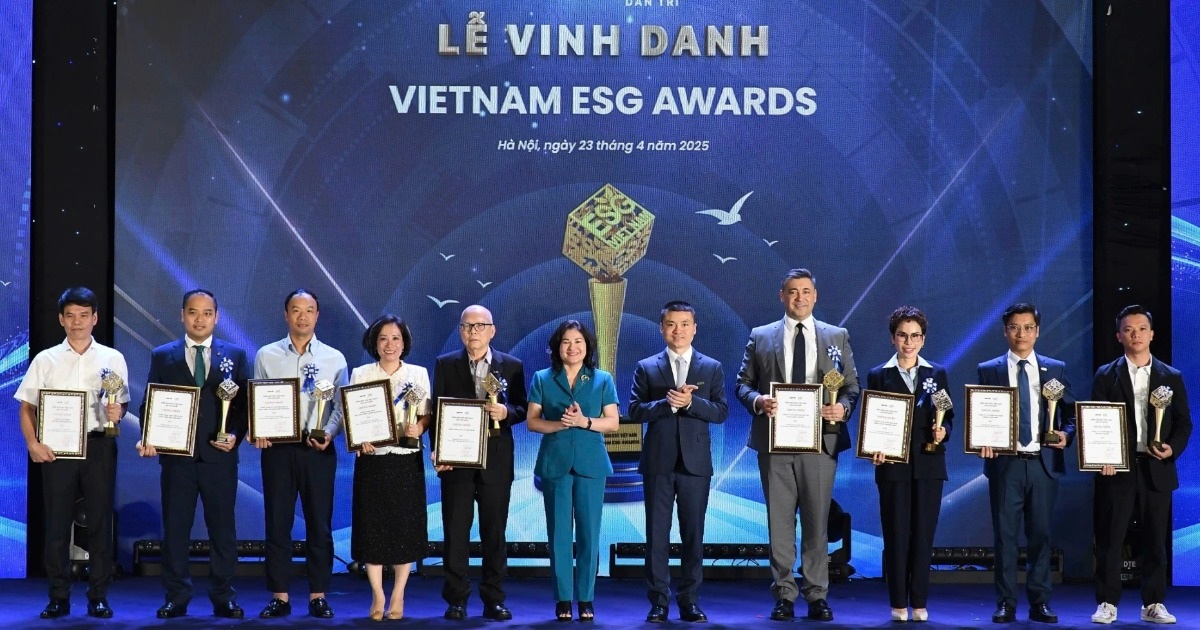



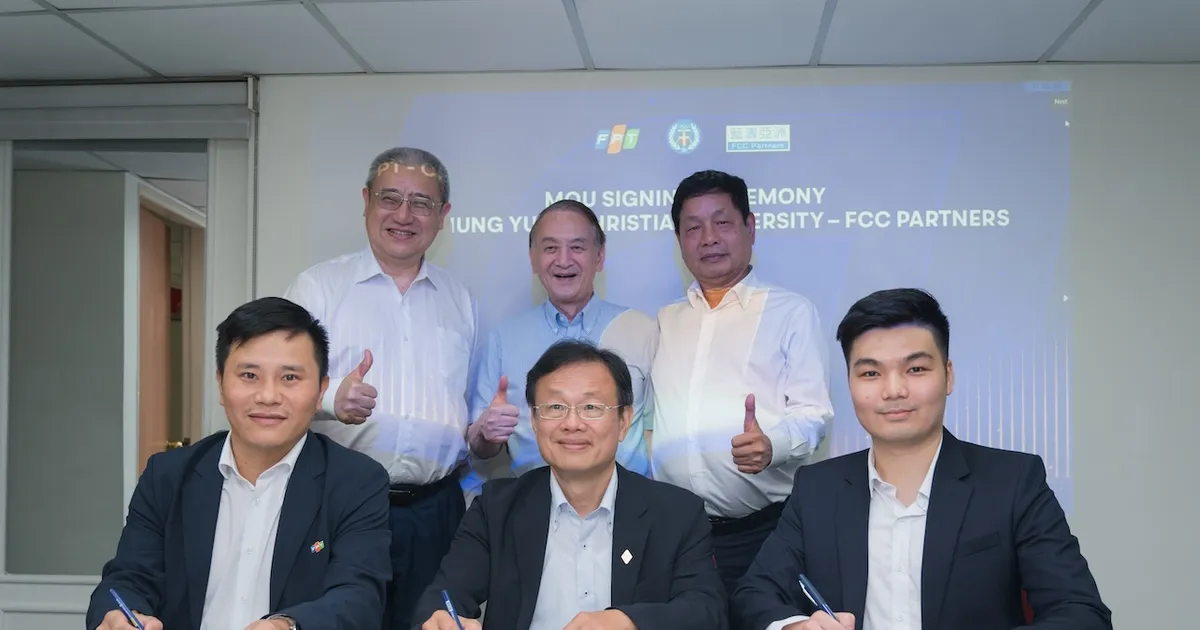
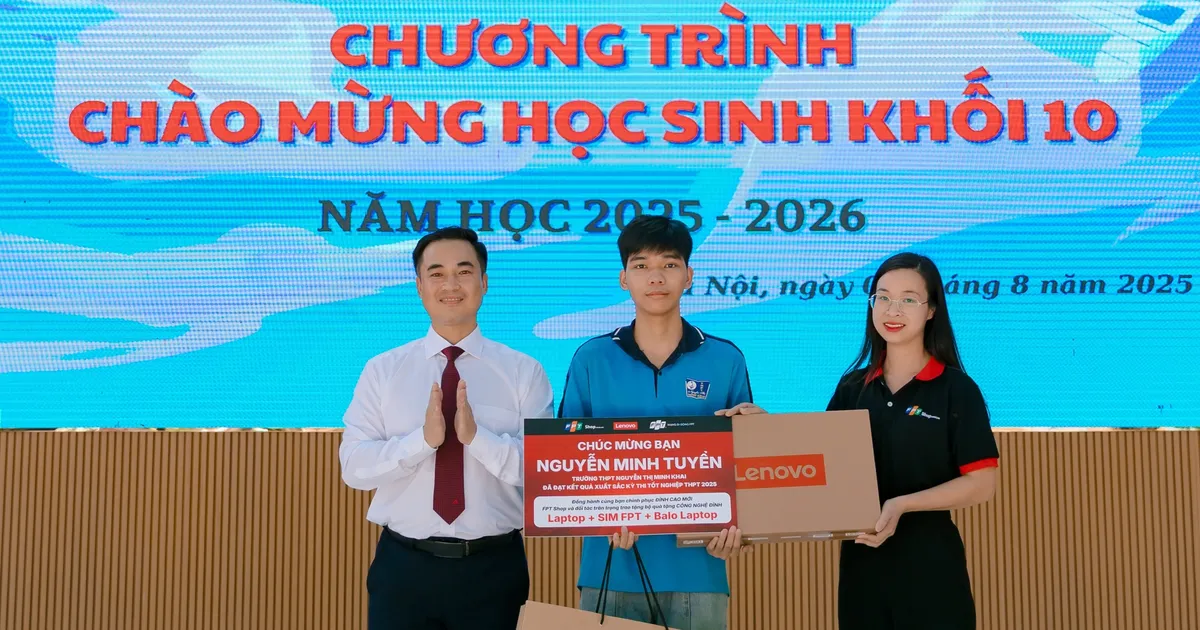

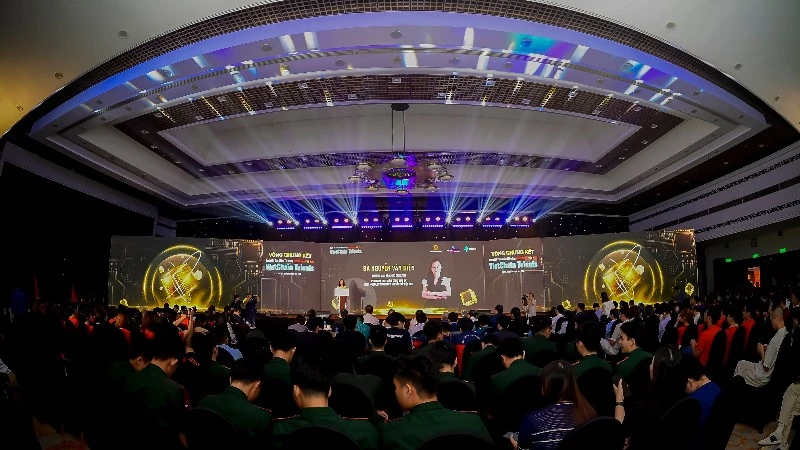







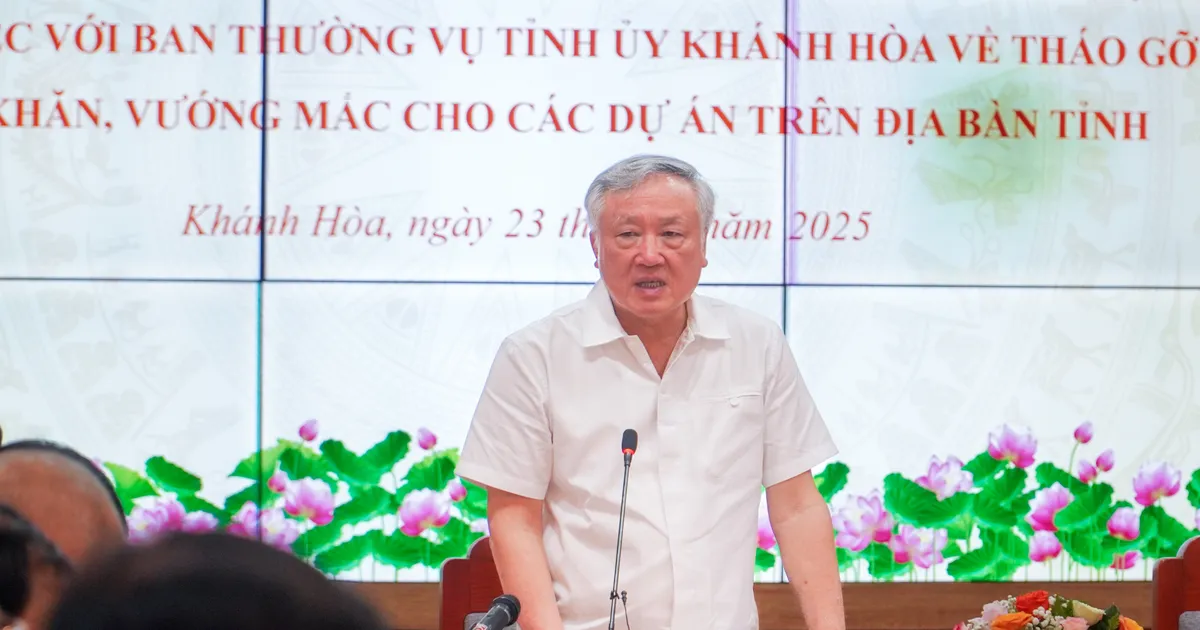
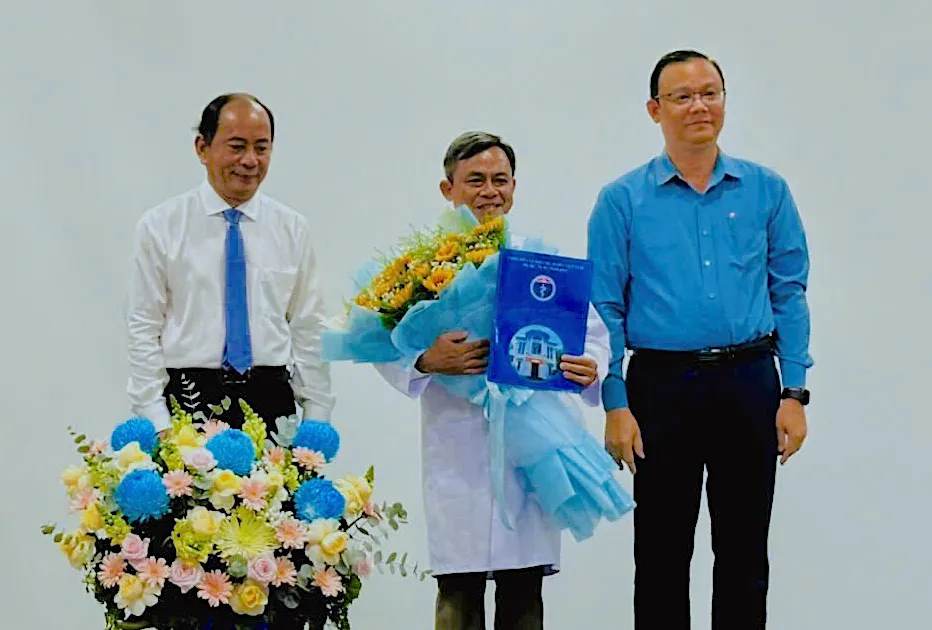















































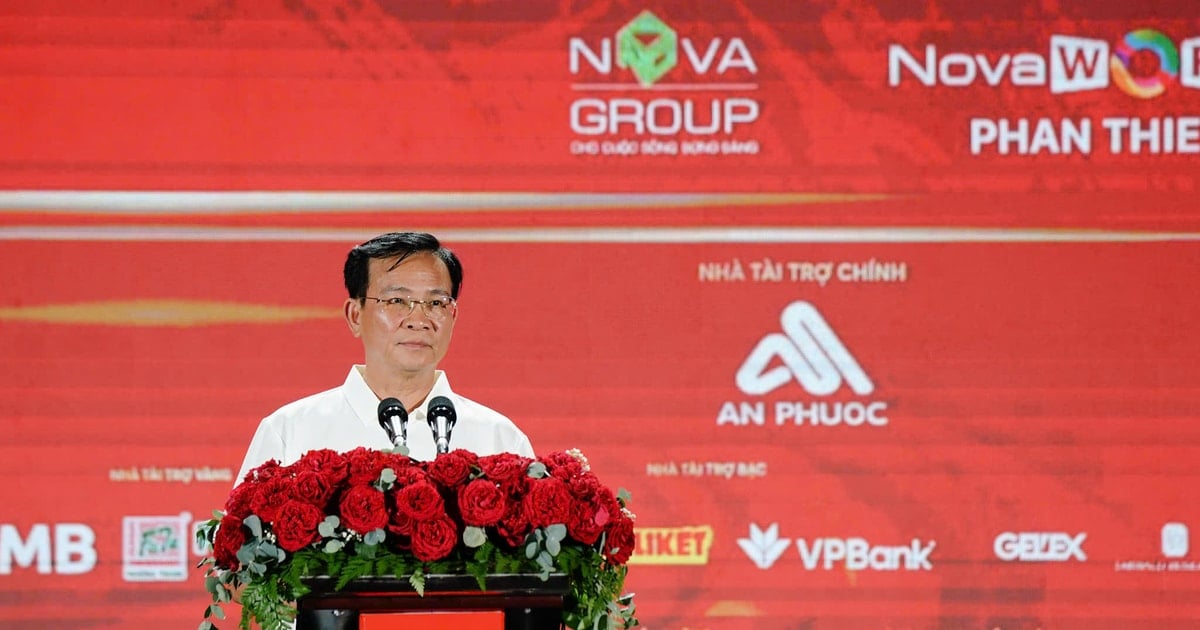

















Comment (0)